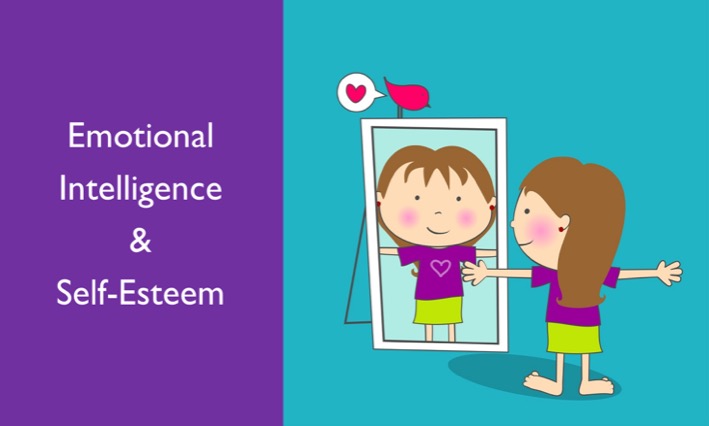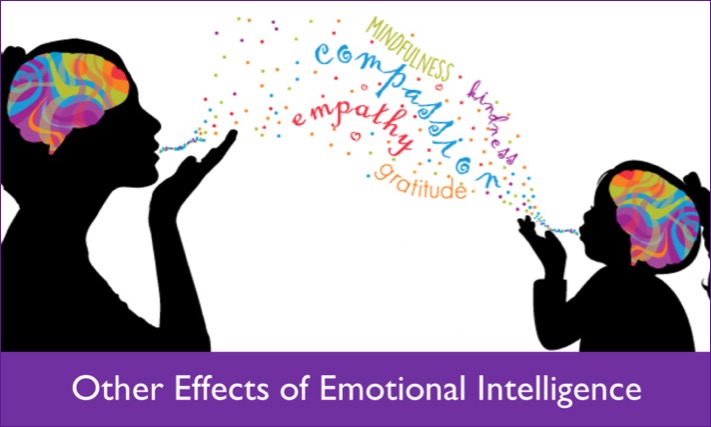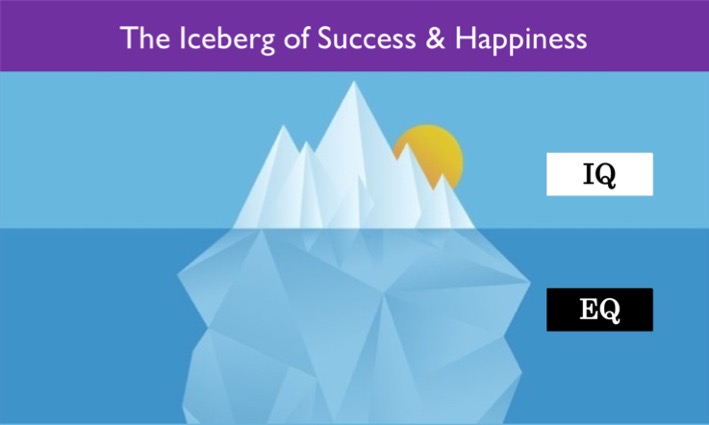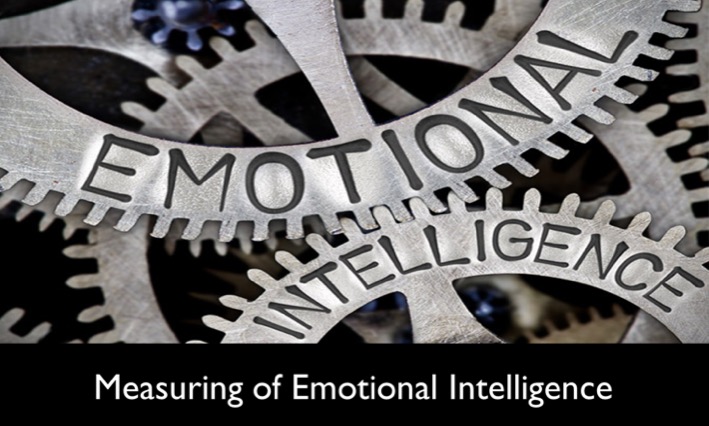Emotional Intelligence
An Introduction
Emotional intelligence (EI), Emotional leadership (EL), Emotional quotient (EQ) and Emotional Intelligence Quotient (EIQ), is the capability of individuals to recognize their own emotions and those of others, discern between different feelings and label them appropriately, use emotional information to guide thinking and behavior, and manage and/or adjust emotions to adapt to environments or achieve one's goal(s). Emotional intelligence also reflects abilities to join intelligence, empathy and emotions to enhance thought and understanding of interpersonal dynamics.
It has been noted that having Emotional intelligence as a skill can increase one's own well-being. In other words, individuals who are conscious of the emotions of themselves and others have the privilege of enhancing relationships. It also allows people to see the multiple perspectives of a given situation, and acknowledge others' feelings about the event.
Effects of EI on Health & Self-esteem

A 2007 meta-analysis of 44 effect sizes by Schutte found that emotional intelligence was associated with better mental and physical health. This meta-analysis also indicated that this line of research reached enough sufficiency and stability in concluding EI as a positive predictor for health.
A 2012 study cross examined emotional intelligence, self-esteem and marijuana dependence. The researchers found that participants' EI scores improved as their levels of addiction lessened as part of their treatment. Another study in 2010 examined whether or not low levels of EI had a relationship with the degree of drug and alcohol addiction. After researching on Emotional Intelligence along with other psychosocial factors in a one-month interval of treatment, they found that participants' EI scores improved as their levels of addiction lessened as part of their treatment.
Others effects of Emotional Intelligence

A review published in the journal of Annual Psychology found that higher emotional intelligence is positively correlated with:
- Better social relations for children: Among children and teens, emotional intelligence positively correlates with good social interactions, relationships and negatively correlates with deviance from social norms, anti-social behavior measured both in and out of school as reported by children themselves, their own family members as well as their teachers.
- Better social relations for adults: High emotional intelligence among adults is correlated with better self-perception of social ability and more successful interpersonal relationships while less interpersonal aggression and problems.
- Perceived positive: Highly emotionally intelligent individuals are perceived more positively by others. Other individuals perceive those with high EI to be more pleasant, socially skilled and empathic to be around.
- Better family and intimate relationships: High EI is correlated with better relationships with the family and intimate partners on many aspects.
- Better academic achievement: Emotional intelligence is correlated with greater achievement in academics as reported by teachers but generally not higher grades once the factor of IQ is taken into account.
- Better job performance: Better social relations during work performance and in negotiations – Higher emotional intelligence is correlated with better social dynamics at work as well as better negotiating ability.
- Better psychological well-being: Emotional intelligence is positively correlated with higher life satisfaction, self-esteem and lower levels of insecurity or depression. It is also negatively correlated with poor health choices and behaviour.
- Allows for self-compassion: Emotionally intelligent individuals are more likely to have a better understanding of themselves, and to make conscious decisions based on emotion and rationale combined. Overall, it leads a person to self-actualization.
Emotional-Intelligence Model by Daniel Goleman

The best and most appropriate model on Emotional-Intelligence is introduced by Daniel Goleman, which focuses on it as a wide array of competencies and skills that drive leadership performance. Goleman's model outlines five main EI constructs.
- Self-awareness – the ability to know one's emotions, strengths, weaknesses, drives, values and goals and recognize their impact on others while using gut feelings to guide decisions.
- Self-regulation - involves controlling or redirecting one's disruptive emotions and impulses and adapting to changing circumstances.
- Social skill – managing relationships to move people in the desired direction
- Empathy – considering other people's feelings especially when making decisions
- Motivation – being driven to achieve for the sake of achievement
Measuring of Emotional Intelligence

Goleman includes a set of emotional competencies within each construct of EI. Emotional competencies are not innate talents, but rather learned capabilities that must be worked on and can be developed to achieve outstanding performance. Goleman posits that individuals are born with a general emotional intelligence that determines their potential for learning emotional competencies.
Two measurement tools are based on the Goleman model:
- The Emotional Competency Inventory (ECI), which was created in 1999, and the Emotional and Social Competency Inventory (ESCI), a newer edition of the ECI was developed in 2007. The Emotional and Social Competency – University Edition (ESCI-U) is also available. These tools developed by Goleman and Boyatzis provide a behavioral measure of the Emotional and Social competencies.
- The Emotional Intelligence Appraisal, which was created in 2001 and which can be taken as a self-report or 360-degree assessment.
